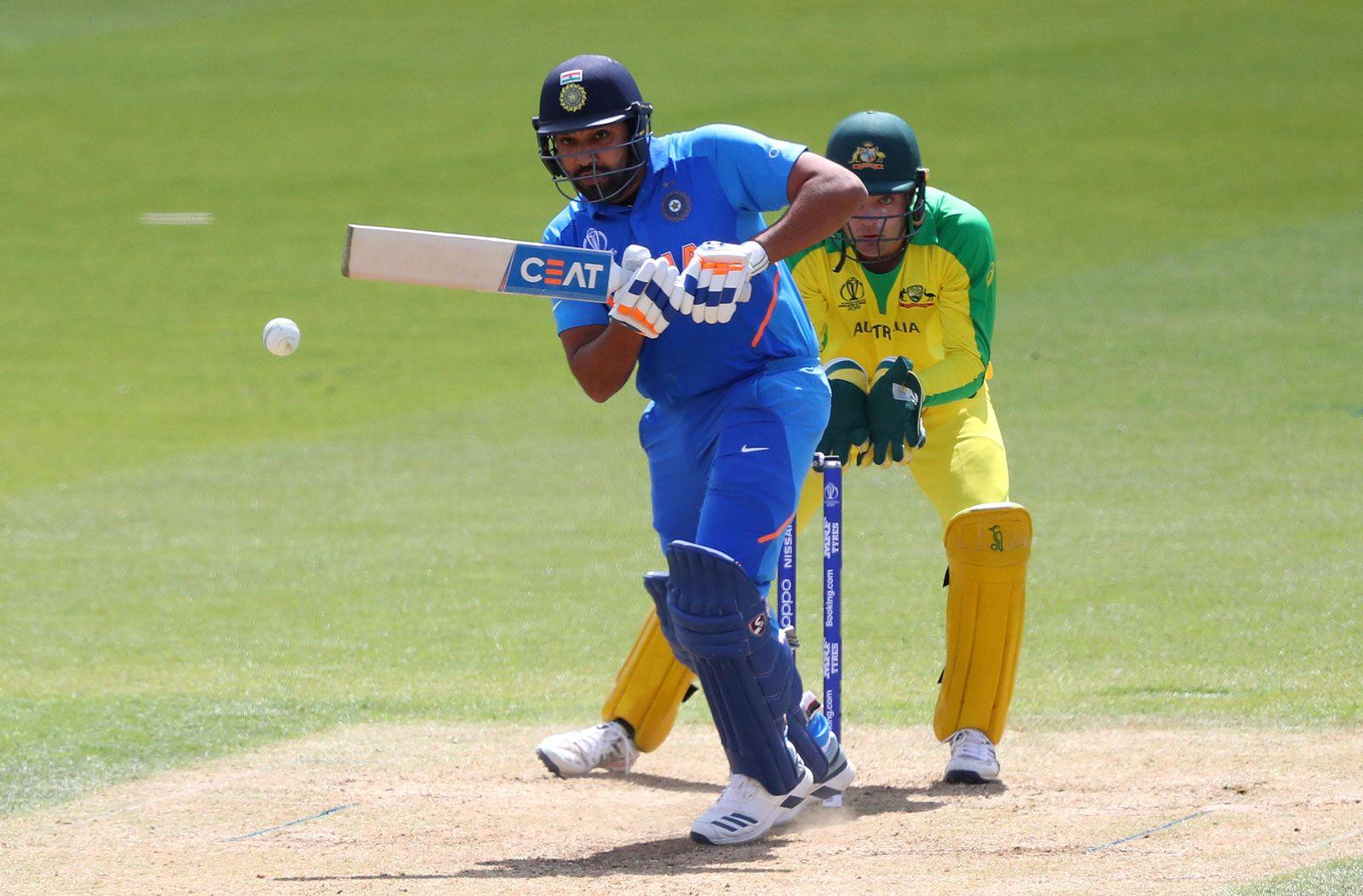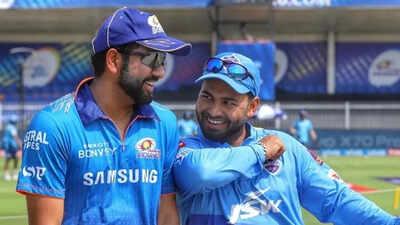In the high-stakes world of international cricket, where every decision and word can sway the momentum, moments of humor often remain tucked away behind intense competition. Yet, occasionally, even the most seasoned players find themselves caught in lighthearted missteps that humanize the sport’s biggest stars. Such is the case with Rohit Sharma, who recently lifted the curtain on a hilarious behind-the-scenes incident from the 2013 Champions League final. In an unexpected confession, Sharma revealed how a little white lie about the toss to then-India coach Anil Kumble turned into a memorable anecdote, blending the pressures of elite sport with a touch of candid amusement. This story offers fans a rare glimpse into the lighter side of cricket’s relentless pursuit of glory.
Unveiling the Truth Behind the Toss Incident in the 2013 Champions League Final
Rohit Sharma’s candid confession about the toss incident during the 2013 Champions League final has now become cricket folklore. In an unexpected turn of events, Rohit admitted that he deliberately misled Anil Kumble – then the captain of Royal Challengers Bangalore – about the outcome of the toss. According to Rohit, this little fib was nothing more than a playful tactic, but it left everyone in splits and sparked a humorous dilemma on the field. What makes the story even more entertaining is Rohit’s lighthearted reflection on how such a small moment could create such a big buzz during one of the most high-stakes matches in cricket history.
Here’s what Rohit shared about the moments on and off the pitch:
- The motivation: A cheeky attempt to gain a psychological edge by throwing Kumble off guard.
- The reaction: Kumble’s mixture of confusion and amusement, which made the post-match celebrations even more memorable.
- Lessons learned: Even the greatest players sometimes resort to playful mischief, reminding us that cricket is as much a mental game as it is physical.
Rohit Sharma’s Playful Banter with Anil Kumble Reveals Team Dynamics and Trust
During a candid interaction, Rohit Sharma shared a light-hearted moment from the 2013 Champions League final that perfectly encapsulates the camaraderie within the team. He playfully confessed to fibbing about the toss result to then-coach Anil Kumble, a move that sparked laughter but also reflected the underlying trust between player and mentor. Rohit’s cheeky admission-“Maine galat bol diya tha toss pe”-not only highlights the human side of the cricketing legends but also subtly showcases the ease with which team members communicate, trust, and even joke with each other at high-stakes moments.
This exchange reveals more than just a humorous anecdote; it offers a glimpse into the team dynamics that drive performance and unity. Behind every strategic decision and on-field push lies a foundation built on:
- Mutual respect between players and coaching staff
- The ability to embrace moments of levity amidst pressure
- A culture of open communication fostering trust and collaboration
Rohit’s playful banter with Kumble is a testament to how these elements blend seamlessly, creating an environment where even small white lies pave the way for stronger bonds and shared victories.
Analyzing the Impact of Sportsmanship and Humor on High-Stakes Cricket Matches
In the pressure-cooker environment of high-stakes cricket, where every decision can tilt the balance between victory and defeat, sportsmanship and humor emerge as subtle yet powerful tools that redefine the game’s spirit. Rohit Sharma’s candid admission about fibbing to Anil Kumble during the 2013 Champions League final is not just a humorous anecdote; it reveals how lighthearted moments can alleviate tension and foster mutual respect among competitors. Such episodes demonstrate that beyond the fierce rivalry and intense strategies, cricket thrives on a human connection-one that blends competitive passion with playful camaraderie.
This unique blend of jest and fair play shapes player dynamics and impacts on-field strategies in several ways:
- Diffusing pressure: Humor helps players and coaches ease nerves, allowing clearer thinking during crunch moments.
- Building rapport: Laughing together or sharing light moments fosters trust and enhances communication, crucial in tense situations.
- Maintaining perspective: A playful attitude reminds players that while the game is serious, it’s also meant to be enjoyed, preventing burnout.
Rohit’s story shines a light on how a simple jest, even at a pivotal moment like a toss, contributes richly to the tapestry of cricket’s competitive yet congenial essence.
Lessons from Rohit Sharma’s Story on Communication and Strategy in Competitive Sports
Rohit Sharma’s candid admission about miscommunicating the toss outcome to Anil Kumble during the 2013 Champions League final underscores a critical lesson in effective communication under pressure. In high-stakes environments, clarity and honesty become paramount, yet the story reveals how even the best sports minds can stumble in the heat of the moment. The incident, far from being a mere anecdote, highlights the importance of transparency and quick corrective actions when handling strategic decisions amidst an intense competitive atmosphere.
Beyond communication, this episode offers profound insights into the dynamic nature of strategy in competitive sports. It teaches teams and leaders to:
- Embrace adaptability: Even the most well-laid plans can require immediate revision in response to unexpected developments.
- Cultivate trust: Honest exchanges strengthen coordination and collective problem-solving prowess.
- Maintain composure: Keeping a cool head enables calmer, more rational decision-making.
This blend of communication finesse and strategic agility continues to resonate, marking Rohit Sharma’s story as a memorable case study in managing unpredictability in professional sports.
As the curtain falls on this amusing glimpse into cricketing camaraderie, Rohit Sharma’s candid confession reminds us that behind the high stakes of international sport lie moments of lighthearted mischief and human foibles. His cheeky fib to Anil Kumble during the 2013 Champions League final not only reveals the playful spirit that thrives in competitive cricket but also adds an endearing chapter to the sport’s rich folklore. In the grand theatre of cricket, where every decision is scrutinized and ledgers are kept with precision, it is these unscripted stories that bring warmth and humor to the game we love. Ultimately, Rohit’s tale is a testament to the fact that even at the pinnacle of professional sport, honesty sometimes takes a backseat to wit-making cricket not just a contest of skill, but a celebration of personality and spirit.






